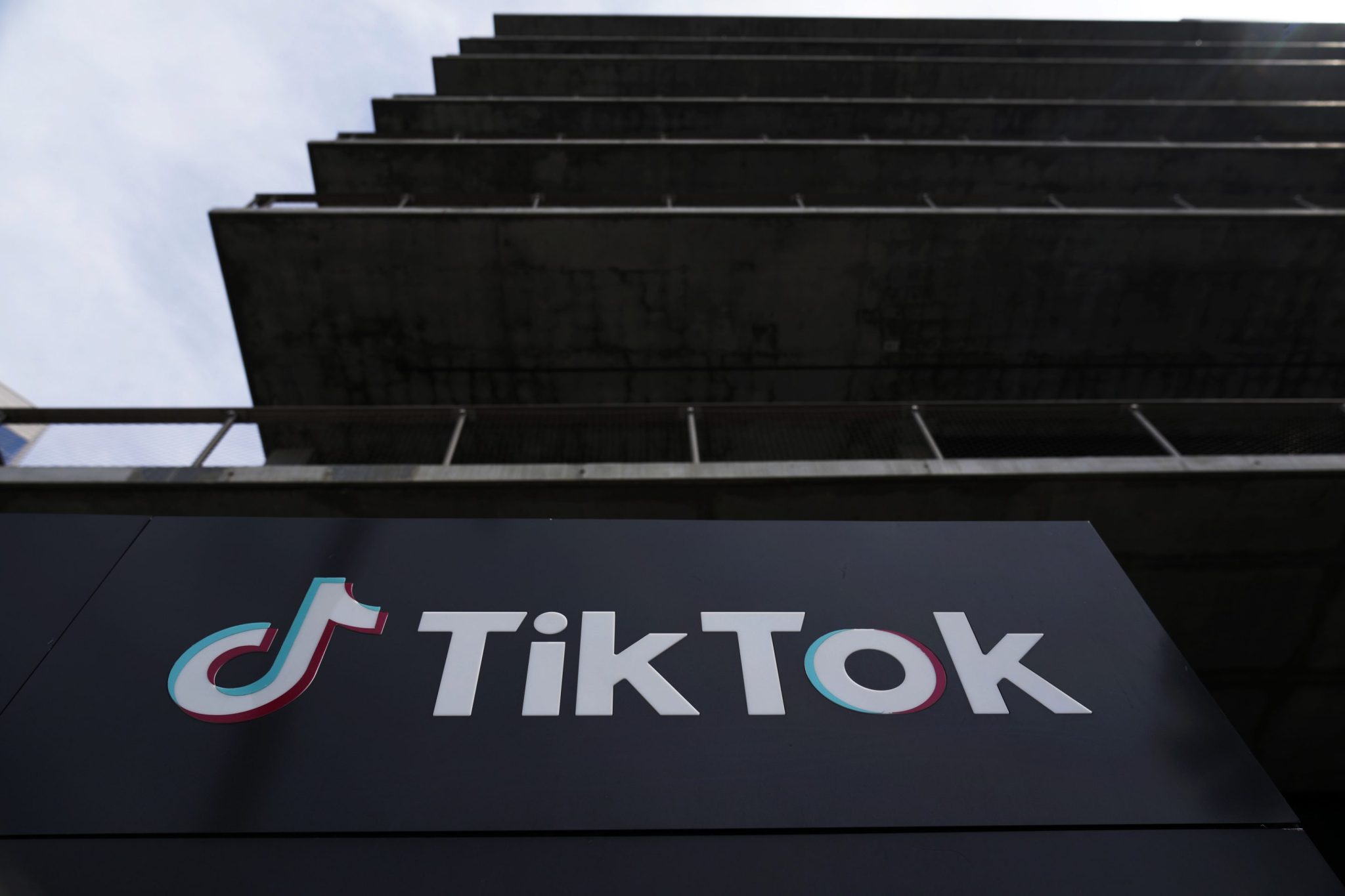The U.S. government and TikTok will go head-to-head in federal court on Monday as oral arguments begin in a consequential legal case that will determine if – or how — a popular social media platform used by nearly half of all Americans will continue to operate in the country.
Attorneys for the two sides will appear before a panel of judges at the federal appeals court in Washington. TikTok and its China-based parent company, ByteDance, are challenging a U.S. law that requires them to break ties or face a ban in the U.S. by mid-January. The legal battle is expected to reach the U.S. Supreme Court.
The law, signed by President Joe Biden in April, was a culmination of a years-long saga in Washington over the short-form video-sharing app, which the government sees as a national security threat due to its connections to China. But TikTok argues the law runs afoul of the First Amendment while other opponents claim it mirrors crackdowns sometimes seen in authoritarian countries abroad.
In court documents submitted over the summer, the Justice Department emphasized the government’s two primary concerns. First, TikTok collects vast swaths of user data, including sensitive information on viewing habits, that could fall into the hands of the Chinese government through coercion. Second, the U.S. says the proprietary algorithm that fuels what users see on the app is vulnerable to manipulation by Chinese authorities, who can use it to shape content on the platform in a way that’s difficult to detect.
TikTok has repeatedly said it does not share U.S. user data with the Chinese government and that concerns the government has raised have never been substantiated. In court documents, attorneys for both TikTok and its parent company have argued that members of Congress sought to punish the platform based on propaganda they perceived to be on TikTok. The companies also claimed divestment is not possible and that the app would have to shut down by Jan. 19 if the courts don’t step in to block the law.
“Even if divestiture were feasible, TikTok in the United States would still be reduced to a shell of its former self, stripped of the innovative and expressive technology that tailors content to each user,” the companies said in a legal brief filed in June. “It would also become an island, preventing Americans from exchanging views with the global TikTok community.”
Opponents of the law stress a ban would also cause disruptions in…
Click Here to Read the Full Original Article at Fortune | FORTUNE…


